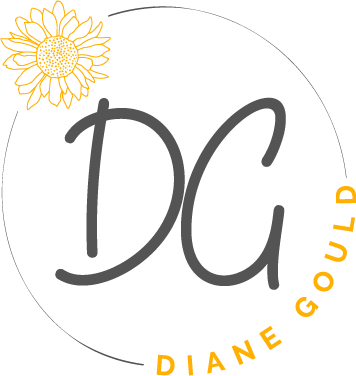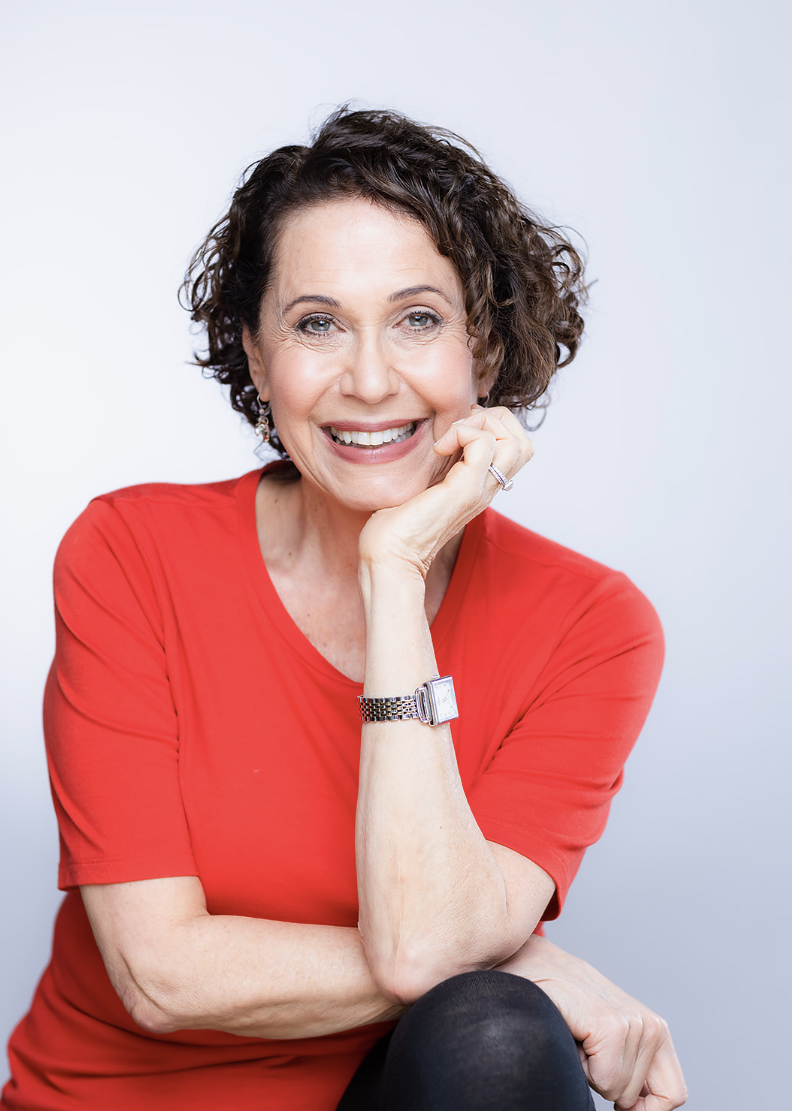PEERS®
Social Skills Program
The Program for the Education and Enrichment of Relational Skills (PEERS) was originally developed at UCLA by Dr. Elizabeth Laugeson, Founder and Director of the UCLA PEERS Clinic, and Dr. Fred Frankel. Since its inception in 2005, PEERS has expanded to locations across the U.S. and around the world. PEERS® is a manualized, social skills training intervention for adolescents and young adults. It has a strong evidence-base for use with teens and young adults with autism spectrum disorders, Asperger syndrome and similar social and communication challenges but is also appropriate for other populations. Recent research has demonstrated that gains made over the course of this program are maintained 3-5 years later (Laugeson et al., 2013).
We have adapted the program to be neurodiversity affirming and added a self advocacy element. Learn more about the program here.
PEERS® is different from other social skills programs because it:
- Is evidence-based
- Includes parents
- Is structured like a class, not a therapy group
Teaches ecologically valid social skills based on how socially successful individuals behave - Breaks down social skills into understandable steps taught in an effective way
- Builds in the generalization of skills to “real life” settings
- Teaches skills that transfer to the workplace
PEERS for Teens is a 14 week evidence-based social skills intervention for motivated high school students who are interested in learning ways to help them make and keep friends. During each group session teens are taught important social skills through instruction, live demonstrations by trained coaches, and extensive practice of these skills while receiving individualized coaching from our clinical staff.
Parents attend weekly parent sessions where they are taught how to assist their teens in making and keeping friends by providing feedback through coaching during weekly socialization homework assignments.
Topics of Instruction :
- How to use appropriate conversational skills
- How to find common interests by trading information
- How to appropriately use humor
- How to enter and exit conversations between peers
- How to handle rejection, teasing, and bullying
- How to be a good host during get-togethers
- How to choose appropriate friends
- How to be a good sport
- How to handle arguments and disagreements
- How to deal with peer pressure
Pre-requisites for Teens :
- Between the ages of 14 – 18
- Struggles with friendships
- Is emotionally and behaviorally regulated
- Be able to speak in sentences
- Motivated to participate in the program
- Committed to regular attendance
PEERS for Young Adults (Ages 18-32) is a 16-week evidence-based social skills intervention for motivated young adults, who are interested in learning ways to help make and keep friends. During each group session, young adults are taught important social skills and practice these skills in session while receiving individualized coaching from a team of clinical staff and peer behavioral coaches.
Young adults must attend each session with a social coach (i.e., parent, family member, adult sibling, life coach, job coach, peer mentor, etc.). Social coaches are taught how to assist young adults in making and keeping friends by providing feedback during weekly socialization homework assignments. This will contribute to their young adult’s ability to develop and sustain lasting friendships. Both groups run concurrently with young adult groups at the same time and location. Social coaches must attend every session.
Topics of Instruction :
- How to use appropriate conversational skills
- How to find common interests by trading information
- How to appropriately use humor
- How to enter and exit conversations between peers
- How to handle rejection, teasing, and bullying
- How to be a good host during get-togethers
- How to choose appropriate friends
- How to be a good sport
- How to handle arguments and disagreements
- How to deal with peer pressure
Dating skills
Pre-requisites for Young Adults :
- Between the ages of 18 – 32
- Struggles with friendships
- Can successfully learn in a small group environment
- Be able to speak in sentences
- Motivated to participate in the program
- Committed to regular attendance
PEERS for Teens is a 14 week evidence-based social skills intervention for motivated high school students who are interested in learning ways to help them make and keep friends. During each group session teens are taught important social skills through instruction, live demonstrations by trained coaches, and extensive practice of these skills while receiving individualized coaching from our clinical staff. We have adapted the program to ensure it is neurodiversity affirming and added a self advocacy element.
Parents attend weekly parent sessions where they are taught how to assist their teens in making and keeping friends by providing feedback through coaching during weekly socialization homework assignments.
Topics of Instruction :
- How to use appropriate conversational skills
- How to find common interests by trading information
- How to appropriately use humor
- How to enter and exit conversations between peers
- How to handle rejection, teasing, and bullying
- How to be a good host during get-togethers
- How to choose appropriate friends
- How to be a good sport
- How to handle arguments and disagreements
- How to deal with peer pressure
Pre-requisites for Teens :
- Between the ages of 14 – 18
- Struggles with friendships
- Is emotionally and behaviorally regulated
- Be able to speak in sentences
- Motivated to participate in the program
- Committed to regular attendance
PEERS for Young Adults (Ages 18-32) is a 16-week evidence-based social skills intervention for motivated young adults, who are interested in learning ways to help make and keep friends. During each group session, young adults are taught important social skills and practice these skills in session while receiving individualized coaching from a team of clinical staff and peer behavioral coaches. We have adapted the program to ensure it is neurodiversity affirming and added a self advocacy element.
Young adults must attend each session with a social coach (i.e., parent, family member, adult sibling, life coach, job coach, peer mentor, etc.). Social coaches are taught how to assist young adults in making and keeping friends by providing feedback during weekly socialization homework assignments. This will contribute to their young adult’s ability to develop and sustain lasting friendships. Both groups run concurrently with young adult groups at the same time and location. Social coaches must attend every session.
Topics of Instruction :
- How to use appropriate conversational skills
- How to find common interests by trading information
- How to appropriately use humor
- How to enter and exit conversations between peers
- How to handle rejection, teasing, and bullying
- How to be a good host during get-togethers
- How to choose appropriate friends
- How to be a good sport
- How to handle arguments and disagreements
- How to deal with peer pressure
Dating skills
Pre-requisites for Young Adults :
- Between the ages of 18 – 32
- Struggles with friendships
- Can successfully learn in a small group environment
- Be able to speak in sentences
- Motivated to participate in the program
- Committed to regular attendance
Dinner With Friends
Dinner With Friends is a new innovative program designed to help older teens and young adults with social differences work on daily living skills and social skills simultaneously. Groups of 4 will meet weekly for 6 weeks on Sunday evenings for two hours in a townhouse in downtown Highland Park. The program will be led by Diane Gould, LCSW, and Lee Solock M.A., OTR/L. During that time, participants and therapists will cook and eat dinner together. Throughout dinner the group will converse using PEERS skills for effective communication. Afterwards, the group will clean up together and plan the menu for the following week. The program builds on existing social skills and reinforces them in a relaxed non clinical environment. It is hoped that relationships can be launched from this program.
Dinner with Friends is for:
- Individuals age 17-35 (participants will be matched with similar-age peers)
- Men and women looking to make new friends
- Those who are safe around knives, stove tops and oven
- Verbal individuals who are emotionally regulated
- Graduates of PEERS for Teens or PEERS for Young Adults.
Participants will work on:
- Reinforcement of PEERS skills
- Meal planning
- Basic cooking and nutrition
- Table manners
- Cleaning skills
- Social thinking skills
All while having a fun social activity and being able to answer the question…
“What are you doing this weekend?”
with…
“I am having dinner with friends.”
More About Lee Solock M.A., OTR/L
Lee has been a practicing pediatric Occupational Therapist for 23+ years. She has worked in pre-schools, schools, therapeutic day schools, clinics and young adult transition programs serving children, teens, young adults (ages 3-22) with Autism and other developmental or learning difficulties. The focus of her career has been to encourage, teach, foster and facilitate independence of the people she works with throughout the life-span. She is a member of the American Occupational Therapy Association.


